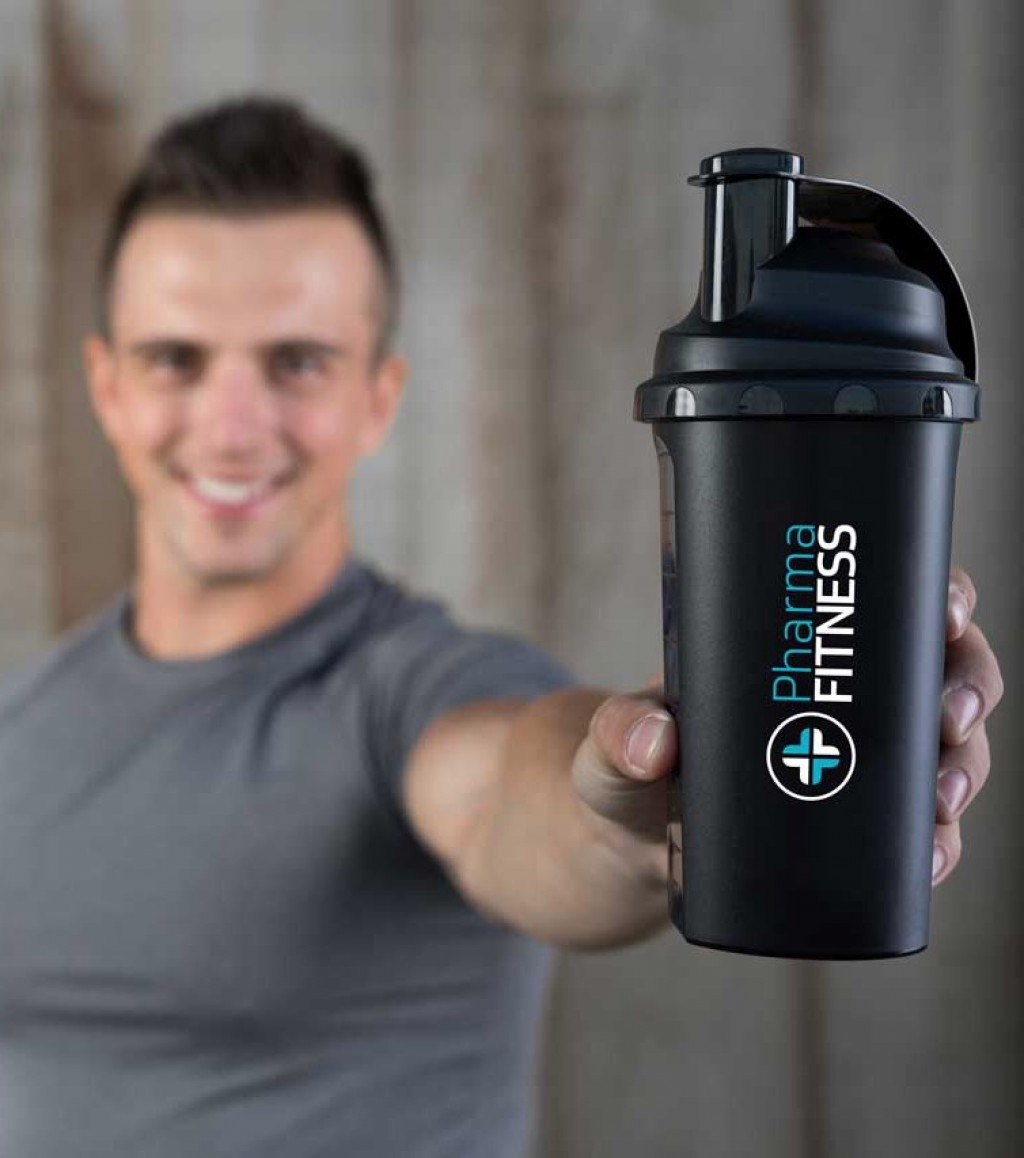Essential Amino Acids - A Quick Breakdown
Leucine
Leucine is one of the three branched-chain amino acids and serves many purposes in the body. It is critical for protein synthesis and muscle repair. It also helps regulate blood sugar levels, stimulates wound healing and produces growth hormones.
mTOR (Mammalian Target of Rapamycin) is one of the body’s protein synthesis regulators and Leucine stimulates this pathway.
Dose - Leucine tends to be dosed from 2000mg to 5000mg.
Leucine has a bitter taste.
Isoleucine
Isoleucine is one of the three branched-chain amino and is involved in muscle metabolism and is heavily concentrated in muscle tissue. It’s also important for immune function, haemoglobin production and energy regulation.
Isoleucine, on paper, is only a good supplement when wanting to increase glucose uptake as Leucine is better for inducing muscle protein synthesis and HMB seems a better choice for reducing muscle protein breakdown. Isoleucine however outperforms both of these in increasing glucose uptake.
Dose - I personally prefer the 2:1:1 ratio of leucine to isoleucine and valine (BCAA).
Isoleucine has a very bitter taste.
Valine
Valine is one of the Branch Chain Amino Acids and is claimed to help stimulate muscle growth, regeneration and energy production. However i cannot find many studies of Valine by itself to support this. Most studies use all three of the Branch Chain Amino Acids.
Dose - As stated on the Isoleucine slide i personally prefer the 2:1:1 ratio of leucine to isoleucine and valine (BCAA).
Valine has a very weak bitter taste
Histidine
Histidine is used to produce histamine, a neurotransmitter that is vital to immune response, digestion, sexual function and sleep-wake cycles. It’s critical for maintaining the myelin sheath, a protective barrier that surrounds your nerve cells
Lysine
Lysine plays roles in protein synthesis, hormone and enzyme production and the absorption of calcium. It’s also important for energy production, immune function and the production of collagen and elastin.
Lysine is particularly useful in therapy for herpes simplex. It stops the growth of herpes simplex in culture, and has helped to reduce the number and occurrence of cold sores in clinical studies. (To manage cold sore infections, it seems the dosage for oral supplements is 1 gram three times daily. To help prevent them, the dosage is 1 gram daily but this needs more research)
Methionine
Methionine tastes sulfurous (like shit!) and is usually put into EAA's at a low dose or taken out completely because of this. 200mg-400mg would be an average dose in a EAA product with the higher amounts being preferable.
Phenylalanine
Phenylalanine is a precursor for the neurotransmitters tyrosine, dopamine, epinephrine and norepinephrine. It plays an integral role in the structure and function of proteins and enzymes.
Individuals with the disorder phenylketonuria (PKU) cannot metabolise this amino acid and must minimise consumption due to serious health consequences.
The ingredients of aspartame (In many drinks/chewing gum etc) are aspartic acid and phenylalanine. Aspartic acid is produced by your body, and phenylalanine is an essential amino acid.
Threonine
Threonine is an essential amino acid that helps to maintain the proper protein balance in the body. It is important for the formation of collagen, elastin, and tooth enamel, and aids liver and lipotropic function when combined with aspartic acid and methionine.
Tryptophan
Tryptophan is necessary for normal growth in infants and for nitrogen balance in adults however once ingested converts to 5-HTP (5-hyrdoxytryptophan), and then to serotonin which can cause drowsiness
(not what you want while in the gym).
Most EAA products contain this amino acid at a very small dose because of the drowsy factor. Instead of putting a small dose of this amino in our EAA+ powder we decided to take it out completely and put in 2500mg Glutamine in its place.









